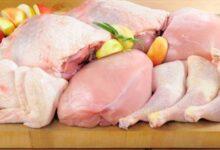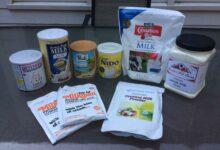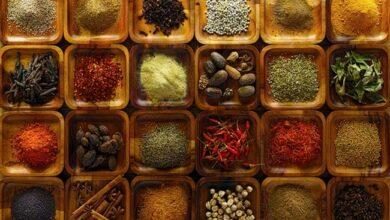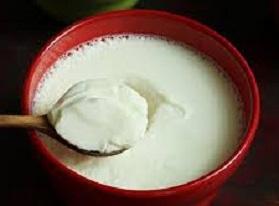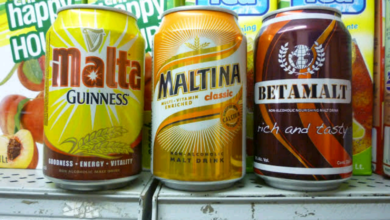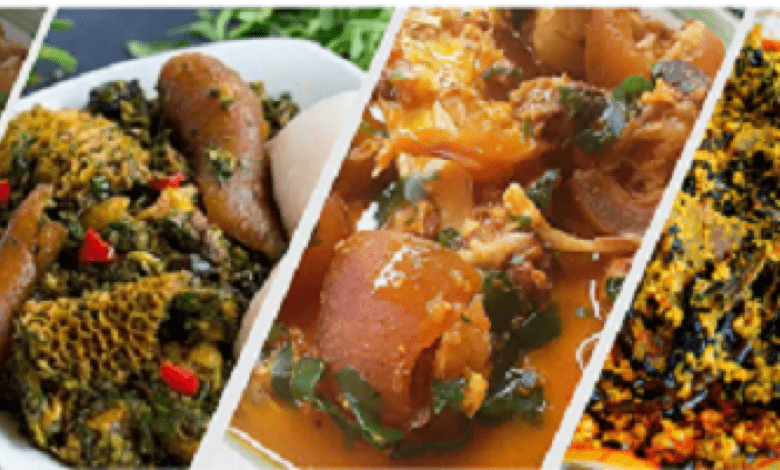
Which Tribe Has the Best Soup in Nigeria
Nigeria, with its diverse ethnic groups and cultural heritage, boasts a vibrant culinary scene. One aspect of Nigerian cuisine that stands out is the wide array of flavorful soups enjoyed across the country. Each Nigerian tribe has its unique soup recipes, often passed down through generations, creating a rich tapestry of flavors and culinary traditions. In this extensive article, we will explore the diverse soup cultures of some prominent Nigerian tribes, highlighting their distinctiveness and contributions to the country’s culinary landscape.JAMB Portal
Read Also: 15 Best Soups for Pregnant Women in Nigeria
👉 Relocate to Canada Today!
Live, Study and Work in Canada. No Payment is Required! Hurry Now click here to Apply >> Immigrate to CanadaWhich Tribe Has the Best Soup in Nigeria ?
1. Igbo Tribe:
The Igbo tribe is known for its rich and spicy soups. One popular Igbo soup is Ofe Owerri, a hearty soup made with a combination of vegetables, assorted meats, fish, and local spices. Another iconic Igbo soup is Ofe Onugbu, a bitter leaf soup cooked with a variety of meats and fish, giving it a unique taste profile.
2. Yoruba Tribe:
The Yoruba tribe is renowned for its flavorful and aromatic soups. Efo Riro, a vegetable soup made with spinach or other leafy greens, is a Yoruba staple. Another popular Yoruba soup is Gbegiri, a delicious bean soup typically served with Amala (yam flour paste) or Eba (cassava flour paste).Which Tribe Has the Best Soup in Nigeria
3. Hausa Tribe:
The Hausa tribe has its distinct soup culture, heavily influenced by their love for spicy and bold flavors. Miyan Kuka, a soup made with powdered baobab leaves and dried fish or meat, is a traditional Hausa soup known for its tangy taste. Tuwo Shinkafa, a thick rice pudding, is commonly served with Hausa soups.
Read Also: 15 Best Soups to Cook in Nigeria
4. Edo Tribe:
The Edo tribe is known for its delicious and spicy soups. One prominent Edo soup is Bitterleaf Soup, made with bitter leaf vegetables, assorted meats, and local spices. Another popular Edo soup is Egusi Soup, a melon seed-based soup cooked with vegetables and a variety of proteins.NYSC Portal
5. Efik Tribe:
The Efik tribe boasts a rich soup culture, with emphasis on seafood-based soups. One famous Efik soup is Edikang Ikong, a nutritious soup made with a combination of waterleaf and pumpkin leaves, assorted meats, fish, and spices. Another notable Efik soup is Afang Soup, prepared with Afang leaves and other ingredients, giving it a distinct taste.105 Good Morning Love Messages
Read Also: 10 Best Nigerian Okra Soups Recipes
6. Ibibio Tribe:
The Ibibio tribe, closely related to the Efik tribe, also enjoys flavorful soups. One popular Ibibio soup is Atama Soup, made with Atama leaves, seafood, and other ingredients. Another well-loved Ibibio soup is Ekpang Nkukwo, a tasty cocoyam-based soup cooked with various proteins.InformationGuideNigeria
👉 Relocate to Canada Today!
Live, Study and Work in Canada. No Payment is Required! Hurry Now click here to Apply >> Immigrate to Canada7. Tiv Tribe:
The Tiv tribe, predominantly found in Benue State, has a unique soup culture. A prominent Tiv soup is the mouthwatering Swange Soup, made with groundnuts, smoked fish, and a variety of local spices. It is often served with pounded yam or any other desired swallow.
8. Ijaw Tribe:
The Ijaw tribe, located in the Niger Delta region, has a rich seafood-based soup tradition. One notable Ijaw soup is Banga Soup, a palm fruit soup typically served with starch or any desired swallow. It is known for its rich and tangy taste.200 Romantic Love Message
Read Also: How to cook egusi soup boiling method
9. Kanuri Tribe:
The Kanuri tribe, primarily found in northeastern Nigeria, has its distinct soup culture. One popular Kanuri soup is Miyan Zogale, made with the leaves of the moringa tree, meat or fish, and other ingredients. It is known for its unique flavor and nutritional value.
Conclusion:
Nigeria’s soup culture is a testament to the country‘s culinary diversity and the richness of its tribes’ cultural heritage. While it is challenging to declare a single tribe as having the “best” soup, each tribe’s unique soups contribute to Nigeria’s vibrant culinary landscape.
Read Also: How To Cook African Cow Leg Pepper Soup
The Igbo, Yoruba, Hausa, Edo, Efik, Ibibio, Tiv, Ijaw, and Kanuri tribes, among others, all offer an incredible variety of soups, each with its own distinct flavors and ingredients. Exploring these diverse soup traditions is a delightful culinary journey that showcases the richness and diversity of Nigerian cuisine.
Check JAMB Result
Check and Confirm: How much is Dollar to Naira
